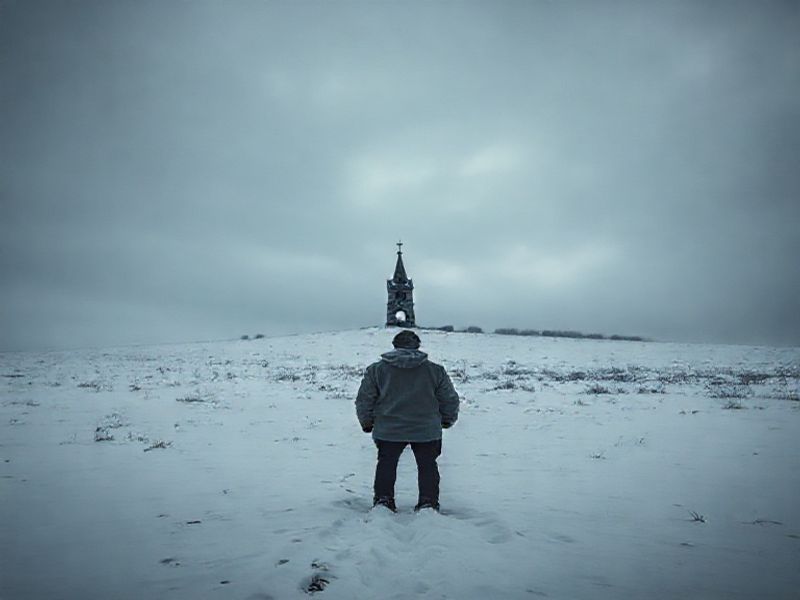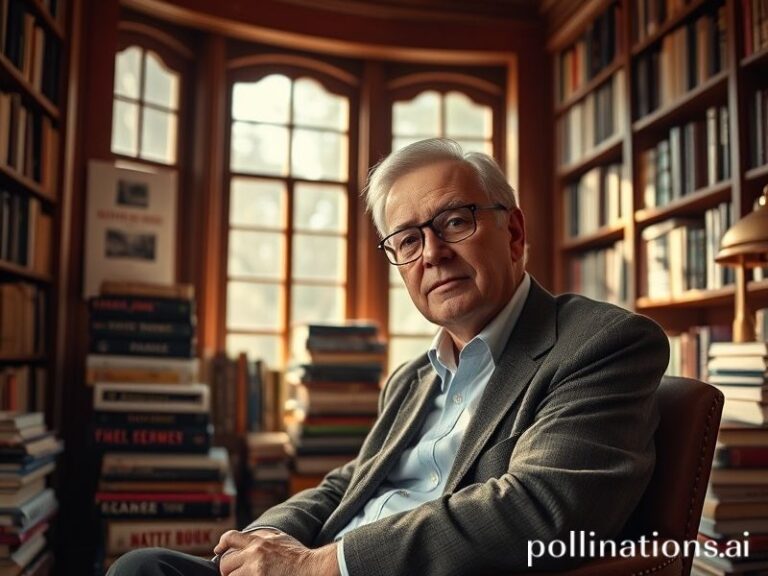The Great Thaw: Why ‘Faith Winter’ Is the Latest Global Trend You Need to Know About
# The Great Thaw: Why “Faith Winter” Is the Latest Global Trend You Need to Know About
In the vast, icy tundra of internet culture, a new phenomenon is sweeping across the globe, leaving commentators and influencers alike scratching their heads. It’s called “Faith Winter,” and it’s not just another viral dance or meme. No, this trend is a bit more nuanced, a bit more… existential. So, grab your parkas, folks, because we’re about to explore the frosty landscape of Faith Winter and figure out why it’s the hottest topic in the coldest of climates.
## What Is Faith Winter?
First things first, what exactly is Faith Winter? The term itself is a play on the concept of a “faith crisis,” a period of doubt or questioning in one’s religious or spiritual beliefs. But instead of a personal crisis, Faith Winter is a collective, cultural moment where people are openly questioning, re-evaluating, and sometimes even abandoning their long-held beliefs. It’s like the winter of discontent, but for faith.
## The Cultural Context
To understand why Faith Winter is trending, we need to look at the cultural context. We’re living in an era of unprecedented change and upheaval. The COVID-19 pandemic has turned our world upside down, and the rapid pace of technological advancement is leaving many people feeling disoriented and disconnected. Add to that the polarizing political climate and the growing awareness of social injustices, and it’s no wonder that people are questioning the beliefs and institutions that have long provided them with a sense of stability and meaning.
## The Social Impact
Faith Winter is having a significant impact on society. For one, it’s leading to a decline in religious affiliation and attendance. According to a Pew Research Center study, the number of Americans who identify as religiously unaffiliated has been steadily rising, and the trend is similar in other parts of the world. This shift is having ripple effects on everything from politics to family dynamics.
But Faith Winter isn’t just about religion. It’s also about questioning other deeply held beliefs, like political ideologies, cultural norms, and even personal values. This can lead to some pretty heated debates on social media, where people are openly challenging each other’s beliefs and worldviews. It’s like the Wild West of ideas, and everyone’s packing a keyboard.
## Why Is It Significant?
So, why is Faith Winter significant? Well, for starters, it’s a sign of the times. It’s a reflection of the uncertainty and instability that many people are feeling in the world today. But it’s also an opportunity for growth and change. When people question their beliefs, they open themselves up to new ideas and perspectives. They can challenge outdated or harmful beliefs and develop a more nuanced and compassionate worldview.
Moreover, Faith Winter is a reminder that beliefs are not static. They evolve and change over time, shaped by our experiences, our interactions with others, and the world around us. It’s a natural part of the human experience, and it’s something that we should embrace rather than fear.
## The Internet’s Role
Of course, we can’t talk about Faith Winter without acknowledging the role of the internet. Social media platforms have given people a space to openly discuss and debate their beliefs, to share their doubts and questions, and to find community with like-minded individuals. It’s also given rise to a new generation of influencers and commentators who are challenging traditional beliefs and offering alternative perspectives.
But the internet is a double-edged sword. While it can be a powerful tool for connection and dialogue, it can also be a breeding ground for misinformation and polarization. It’s up to us to navigate this landscape with critical thinking and empathy, to seek out reliable sources of information, and to engage in respectful and constructive dialogue.
## Conclusion
Faith Winter is a complex and multifaceted trend, but at its core, it’s about questioning and re-evaluating our beliefs. It’s about embracing the uncertainty and instability of the world around us and using it as an opportunity for growth and change. It’s not always easy or comfortable, but it’s a natural and necessary part of the human experience.
So, as we navigate this frosty landscape, let’s remember to approach it with an open mind and a critical eye. Let’s seek out new ideas and perspectives, challenge our own beliefs, and engage in respectful and constructive dialogue. And most importantly, let’s remember that it’s okay to not have all the answers. After all, even the most seasoned explorers need a map to navigate uncharted territory.







